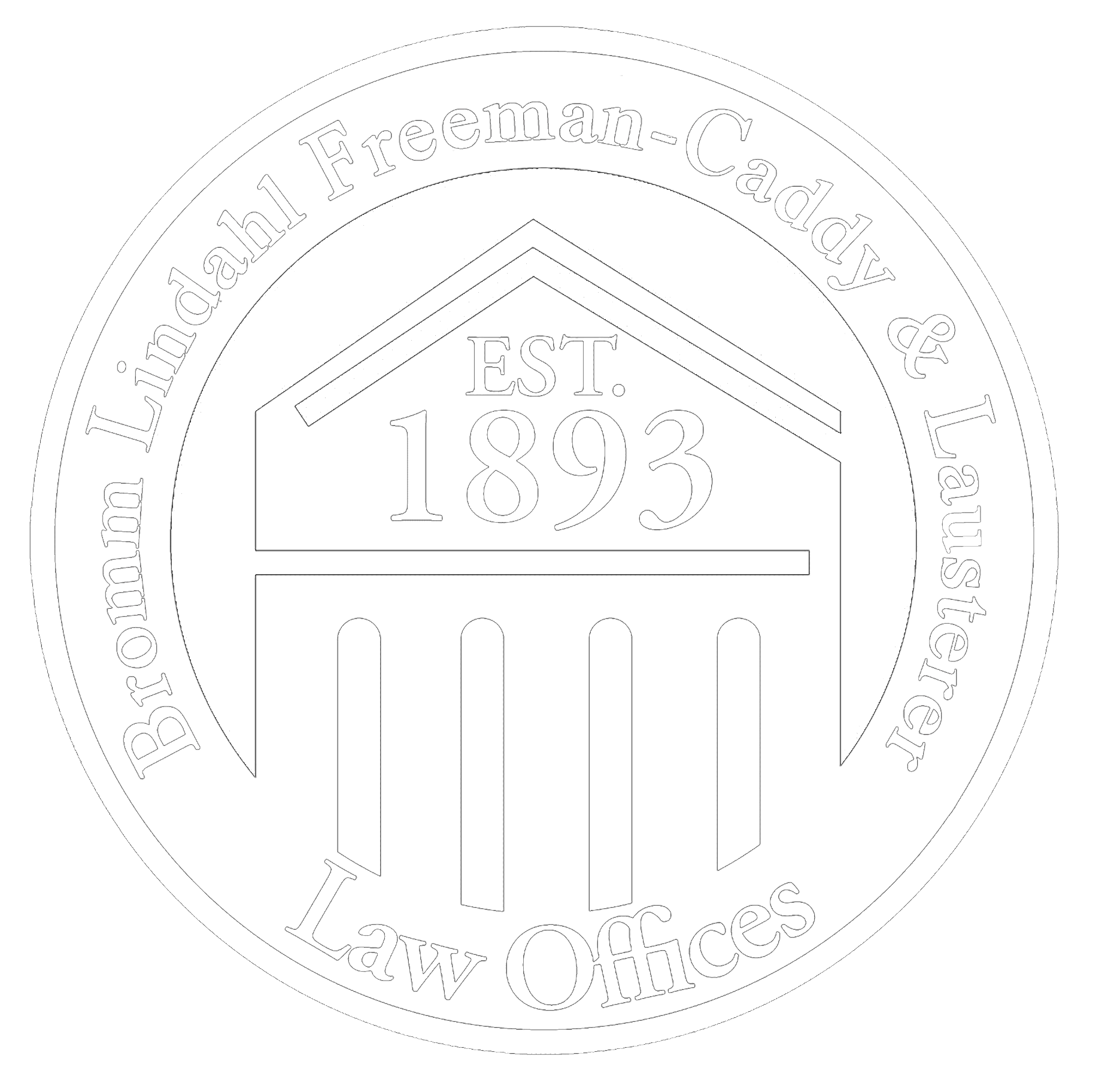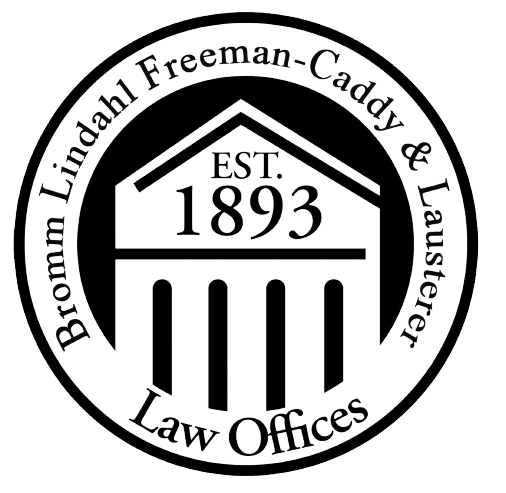Federal Reporting Requirement Effective January 1, 2024 Beneficial Ownership Information (BOI) for Limited Liability Companies and Corporations (new and existing)
WHO NEEDS TO REPORT?
Your entity may need to report information about beneficial owners if it is a corporation, a limited liability company (LLC), or was otherwise created by filing a document with a secretary of state. This is required by the enactment of the Corporate Transparency Act (CTA), which will be enforced by the Department of Treasury’s Financial Crimes Enforcement Network (FinCEN). More information is available on https://www.fincen.gov.
WHAT DO YOU NEED TO REPORT?
1. The entity’s name, physical address, domestic state, and TIN or EIN.
2. The names and additional information of each “beneficial owner” of the entity and identifying information.
WHEN DO I NEED TO REPORT?
If your entity was created or registered prior to January 1, 2024, you will have until January 1, 2025 to report BOI.
If your entity was created or registered on or after January 1, 2024, you will have 90 days from the date of creation for calendar year 2024 to file the BOI report. Beginning January 1, 2025 entities will only have 30 days from the date of creation to file the BOI report.
Any updates or corrections to beneficial ownership information that has been previously filed with FinCEN must be submitted within 30 days of the change.
WHO IS A BENEFICIAL OWNER?
The rule describes a “beneficial owner” as any individual who, directly or indirectly, owns or controls a company, meeting at least one of two criteria:
1. Owning or controlling at least 25% of the ownership interest of the reporting entity; or
2. Exercising substantial control over the reporting organization.
*Additional information regarding beneficial owners is available at www.fincen.gov/boi.
WHAT IF I DO NOT REPORT?
Failure to comply with the CTA with reporting may lead to significant financial penalties - $591 per day civil penalty.
HOW DO I COMPLY? Entities must report the required information through FinCEN’s website: https://boiefiling.fincen.gov/fileboir.
Alternatively, contact an attorney at our office for assistance OR if you would like our office to file the BOI report on your behalf.


